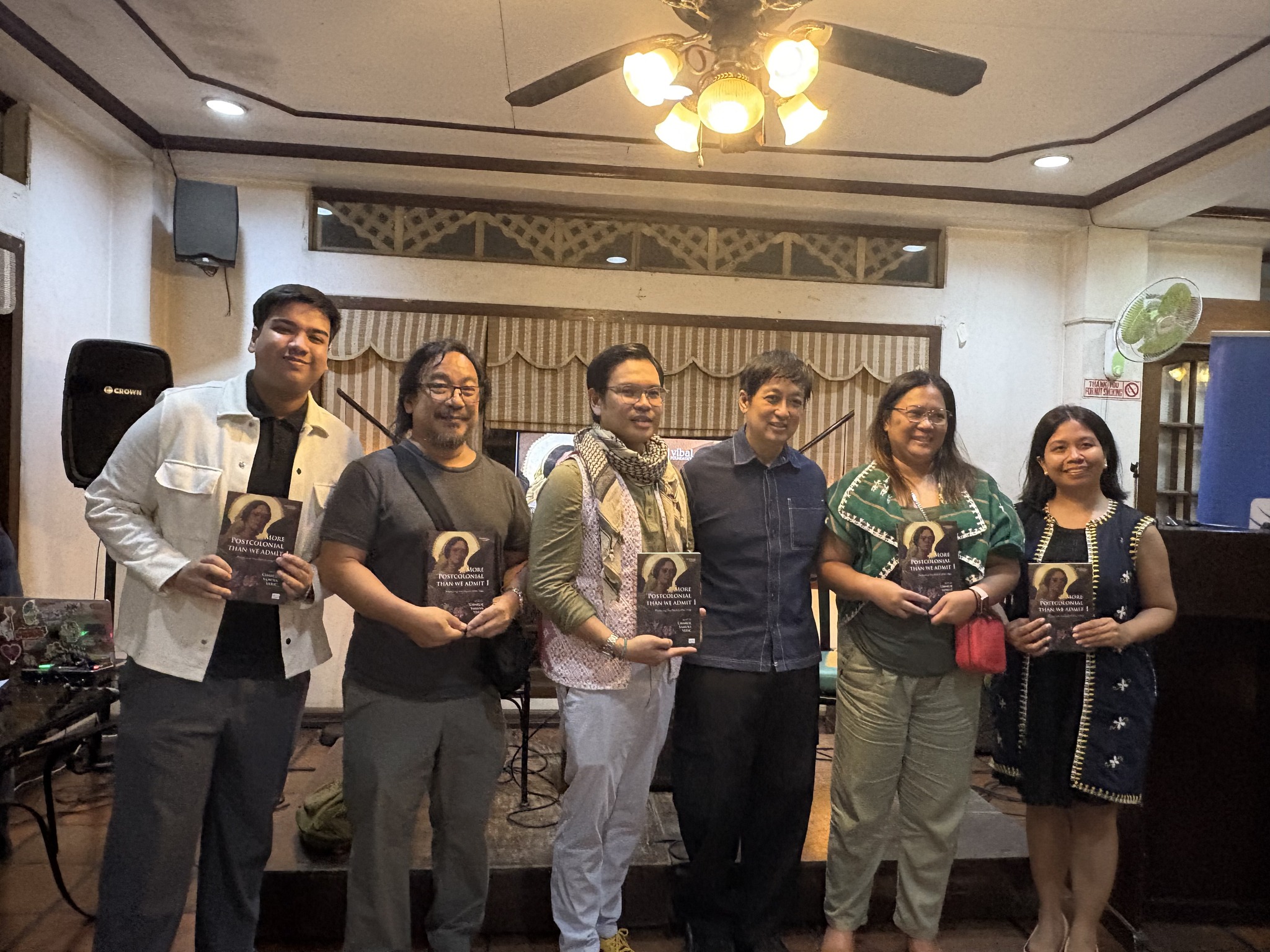
A bold new book reexamines Filipino identity after independence
July 23, 2025
QUEZON CITY, Philippines — Vibal Foundation proudly announces the release of its latest title under the Academica Filipina+ imprint: More Postcolonial Than We Admit 1: Producing the Filipino After 1946.
This timely anthology, curated by historian and cultural scholar Charlie Samuya Veric, invites readers to rethink the post-independence Filipino identity. With 18 thought-provoking essays, the book uncovers forgotten histories, uncomfortable truths, and the enduring traces of colonial influence that still shape the Philippines today.
Veric, the first Filipino to earn a doctorate in American Studies from Yale University, describes the anthology as an attempt to fill a “historical black hole” in Philippine scholarship. Even after the Philippines gained independence in 1946, he argues, colonial influences quietly persisted—reshaping Filipino politics, language, art, literature, and cultural identity in ways that are often overlooked.
The collection begins by examining how key aspects of Filipino society—politics, culture, language, art, and literature—have been continuously reshaped by American influence. Essays by Alfredo T. Morales, Leticia V. Ramos, Edith L. Tiempo, Fernando Zóbel, and Leopoldo Y. Yabes challenge the notion that independence marked a clean break from colonialism.
Succeeding essays explore the hybrid nature of Filipino identity. Writers Carmen Guerrero Nakpil, Francisco Araneta, SJ, Rodolfo Paras-Perez, Renato Constantino, and F. Sionil José confront the complexities of cultural blending, urging Filipinos to reclaim their cultural agency and resist blind imitation of foreign models.
The next section features leading thinkers such as Jose Maria Sison, Virgilio G. Enriquez, Bienvenido Lumbera, and Nick Joaquin, who argue that identity formation requires embracing indigenous traditions, vernacular literature, native psychology, and revolutionary history to rediscover the Filipino story from the Filipinos’ own perspective.
The final set of essays by E. Arsenio Manuel, Resil Mojares, Soledad Reyes, and Randolf S. David advocate for deep, sustained scholarship that centers local voices and regional cultures, asserting that the preservation of diverse Filipino heritage is key to building a more inclusive and self-aware society.
At its core, the book delivers a clear message: the story of being Filipino is still being written—and must be told by Filipinos themselves. The anthology is a call to rethink inherited narratives and a challenge to build a national identity grounded in cultural pride, historical truth, and people-centered nationalism.
RELATED CONTENT